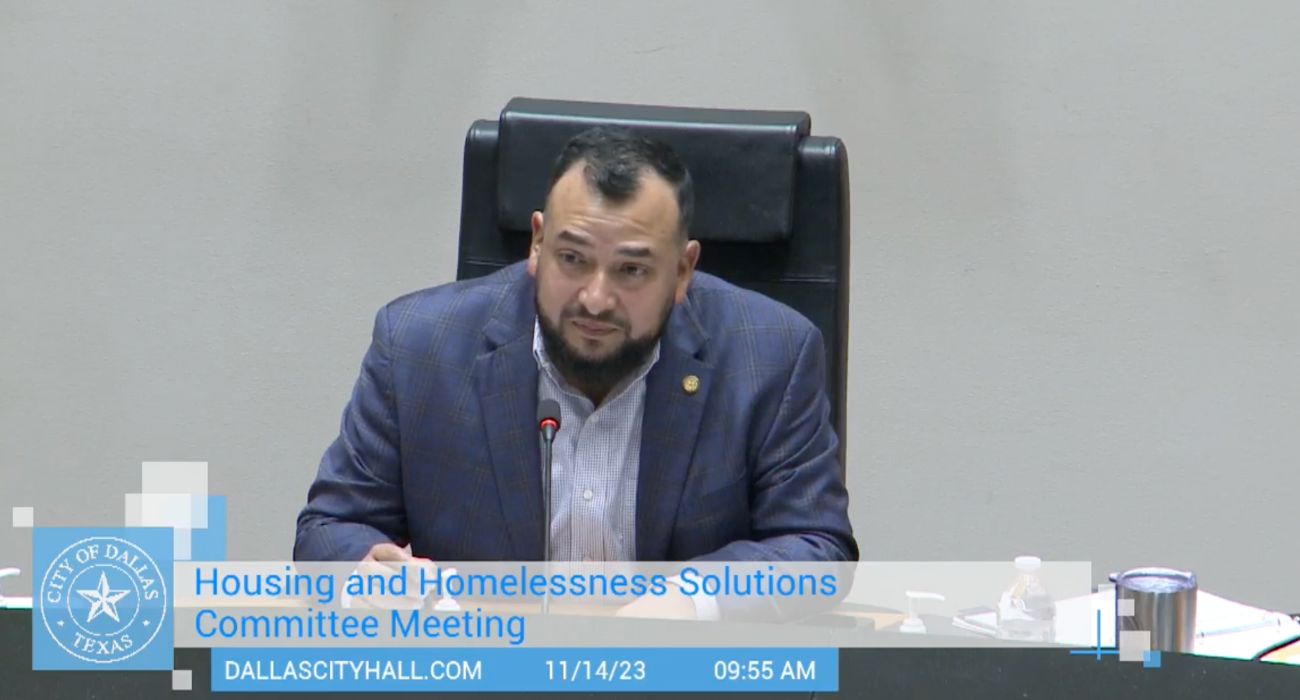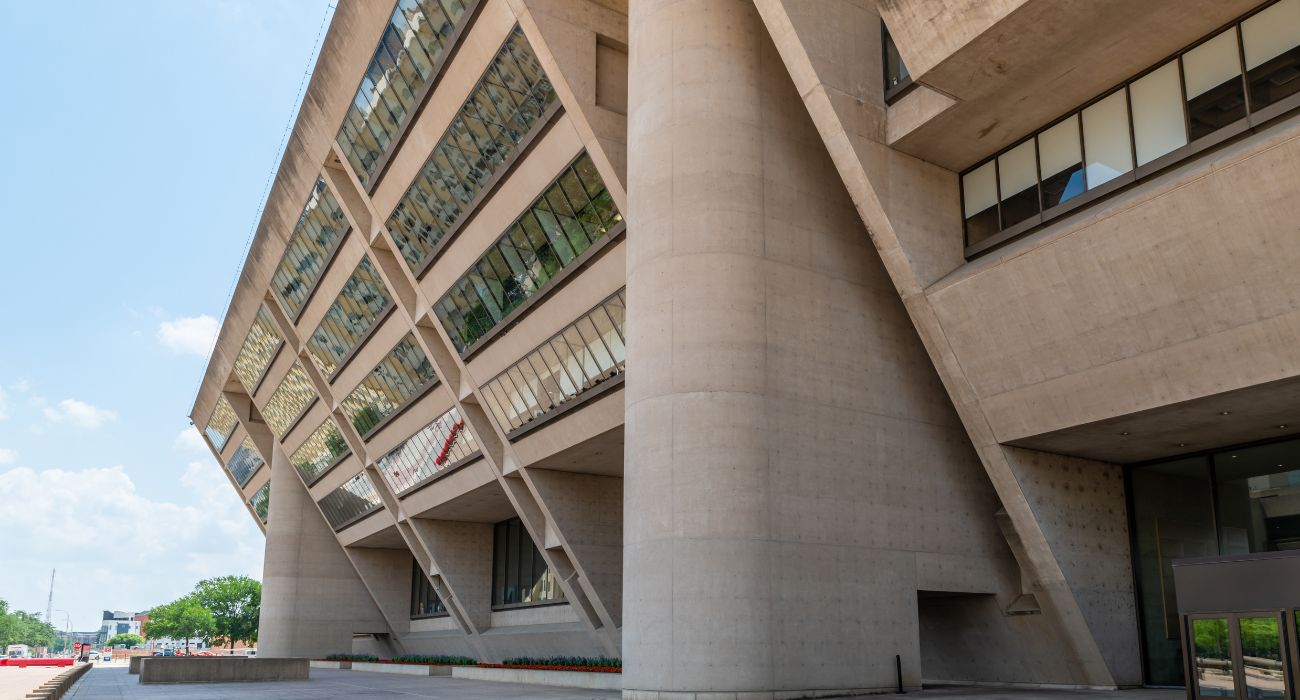City staff are working on a project aimed at “preventing homelessness” by providing housing units to lower-income residents.
As previously covered by The Dallas Express, city staff briefed the City Council Housing and Homeless Solutions Committee in September on a “temporary housing” project in partnership with the AIDS Healthcare Foundation.
Committee members took issue with the project, so Office of Homeless Solutions Director Christine Crossley returned Tuesday morning with an updated briefing.
“We always challenge staff to come back and fine-tune projects,” said Council Member Jesse Moreno, chair of the committee.
The original pilot program pitched to the committee was focused primarily on transitional housing for the homeless, but Director Crossley said the updated iteration of the project is aimed at “preventing homelessness” by providing units to lower-income individuals at risk of homelessness.
She said this shift was instituted so city funding would not be required, as the previous program would have needed $3 million in tax money.
“As I’ve stated previously, no city funding is required at this time,” said Crossley. “Future funding opportunities could be utilized to help subsidize creation of additional permanent supportive housing units or additional programming at the property as units fill and programming needs expand.”
The project would include 152 of these units in addition to 48 units for “permanent supportive housing” that may be funded with vouchers from the Dallas Housing Authority.
“Currently … two individuals have been connected to housing on-site via referrals from the Office of Community Care, and the permanent supportive housing units under renovation are expected to go live in the next month or so,” said Crossley.
It is worth noting that approaches that exclusively prioritize housing, such as “housing first” initiatives, have faced criticism for failing to address the root causes behind homelessness, like mental health problems.
In a recent interview with The Dallas Express, executive director Bob Sweeney of the local homeless recovery center Dallas LIFE said “housing first” falls short because it rushes people into housing without taking into account deeper issues.
Council Member Cara Mendelsohn emphasized at the briefing that she is “completely opposed to funding permanent supportive housing with General Funds.”
“That’s not what General Funds are for,” she said.
Moreno encouraged his colleagues to be direct in what they wished for colleagues to accomplish and pushed staff to listen to committee feedback.
“I also want this body, this committee, to be straightforward and to let staff know in what direction we would like to move in,” he said. “I’ve heard it around this horseshoe multiple times that we do want to look at more single-room occupancy, that we do want to look at more temporary housing … I just want to make sure that we’re being heard when we’re around this horseshoe in the direction that we would like to move forward.”
Mendelsohn added that she has been pushing for single-room occupancy for four years.
“I would like to see a proposal from the City about developing single-room occupancy whether that’s through the Housing Department, Housing Finance Corporation, [or] another vehicle,” she said. “This is a missing type of housing that could address needs of our most income-challenged residents and frankly many people could end homelessness and be self-supporting.”
According to Crossley’s presentation, the AIDS Healthcare Foundation is already active in Dallas, with eight locations, including healthcare centers, pharmacies, and thrift shops. The AHF is aiming to bring its Healthy Housing Foundation to Dallas, which is why it purchased the former MCM Elegante Hotel at 2330 W. Northwest Hwy. and came to the City proposing a partnership for transitional housing for the homeless.
This comes as recent polling from The Dallas Express indicates the majority of city residents are frustrated with homelessness, vagrancy, and panhandling throughout the city and in their neighborhoods.
In San Antonio, the nonprofit Haven for Hope has been credited with a 77% reduction in homelessness through a “one-stop-shop” strategy that offers housing and supportive services on a 22-acre campus. While Mayor Eric Johnson visited Haven for Hope to see its success firsthand in August, this strategy has so far not been executed in Dallas.






